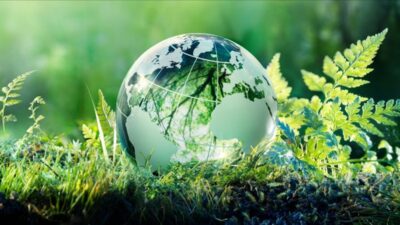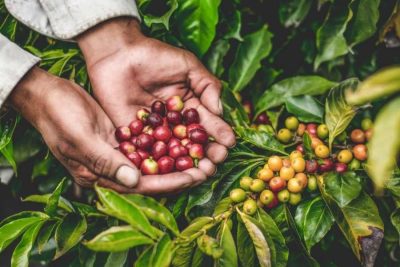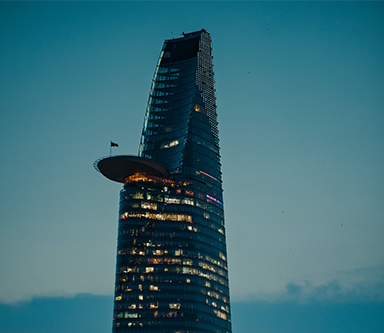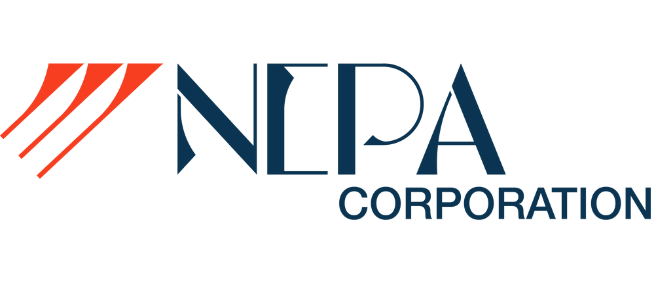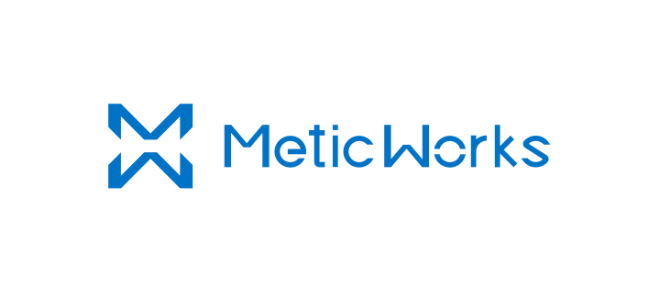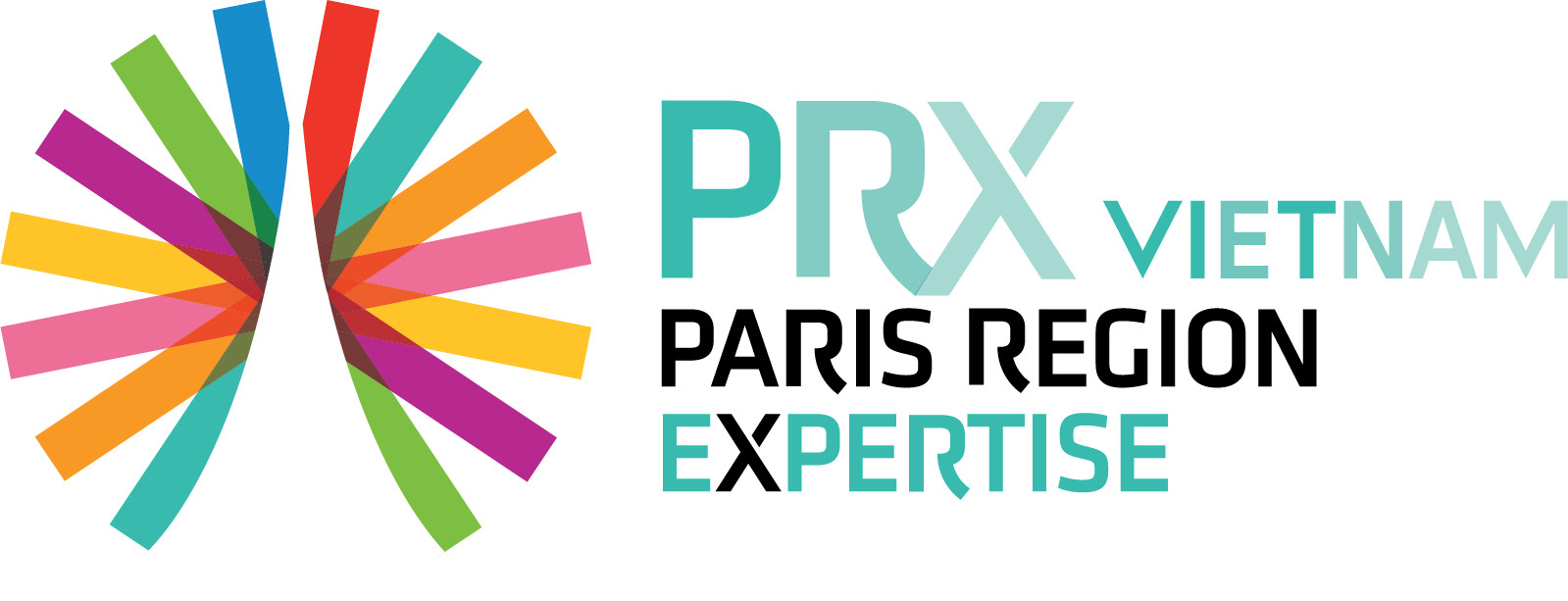We live in a climate emergency! 2020 was one of the warmest years on record globally, while Viet Nam has just gone through another historical year of climate extreme, with water and soil pollution, and forest degradation. Biodiversity is declining faster than at any time in human history, and the rate of species extinctions is accelerating. In Viet Nam, the high economic growth of recent years based on the linear take-make-waste model has put an increasing and irremediable pressure on ecosystems and depleted natural capital. Our two biggest cities, Ha Noi and Ho Chi Minh City, are now some of the most polluted in Southeast Asia. The amount of waste generated is increasing by 10-16% every year in the country, according to the Viet Nam Environment Administration.
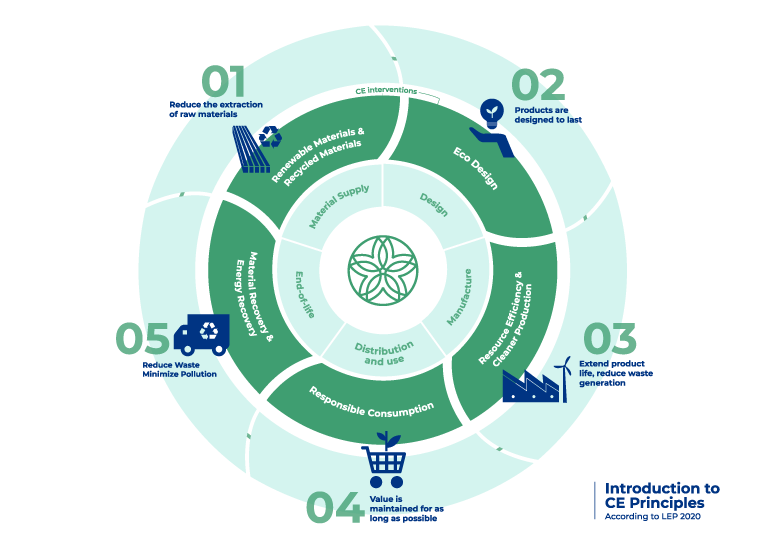
The transition towards a Circular Economy will contribute to limiting global warming to 1.5C degree. This means not only accelerate reduction in GHG emissions but also ensure a more efficient and cleaner use of natural resources, thereby contributing to the achievement of the Sustainable Development Goals.
The Law on Environmental Protection (LEP) adopted in 2020 defined the Circular Economy as “an economic model in which design, production, consumption and service activities aim to reduce raw material extraction, extend the product life cycle, reduce generated waste and minimize negative impacts on the environment.”. The Circular Economy Hub serves as an online platform to facilitate the exchange of information and data in connection with Article 139 of Decree 08/2022/ND-CP guilding the implementation of LEP 2020.”
and Vision
The transition is already happening in all sectors: agriculture, construction, textile, cities. We want to contribute to the transition by brokering knowledge by and for the people of Viet Nam.
We are convinced that only by joining hands, fostering communication and knowledge sharing, will we be able to frame and adopt a narrative around a Circular Economy that is tailored to the needs, the history, and the ambitions of the people of Viet Nam. We believe in a Circular Economy that is inclusive and fair and that contributes to the socio-economic development strategy of the country.
We want to contribute to the development of a green and prosperous Viet Nam. As a public-private partnership, we have three main objectives:
1. Enhance dialogue
2. Generate know-how
3. Mobilise collective action towards the transition to circular economy in Viet Nam.

